This course leans into history as an interpretive discipline, allowing an opportunity for engagement with multiple perspectives and opinions. Studying history develops an understanding of the past, which leads to a deeper understanding of the nature of humans and of the world today.
In this course, students survey modern world history from the High Middle Ages to the turn of the 20th century, focusing on various aspects of politics, economics, society, and culture. Students learn to identify common themes in world history, as well as to make connections from different eras and cultures. Moreover, the course strengthens analytical and interpretive skills specifically applied to source evaluation.

